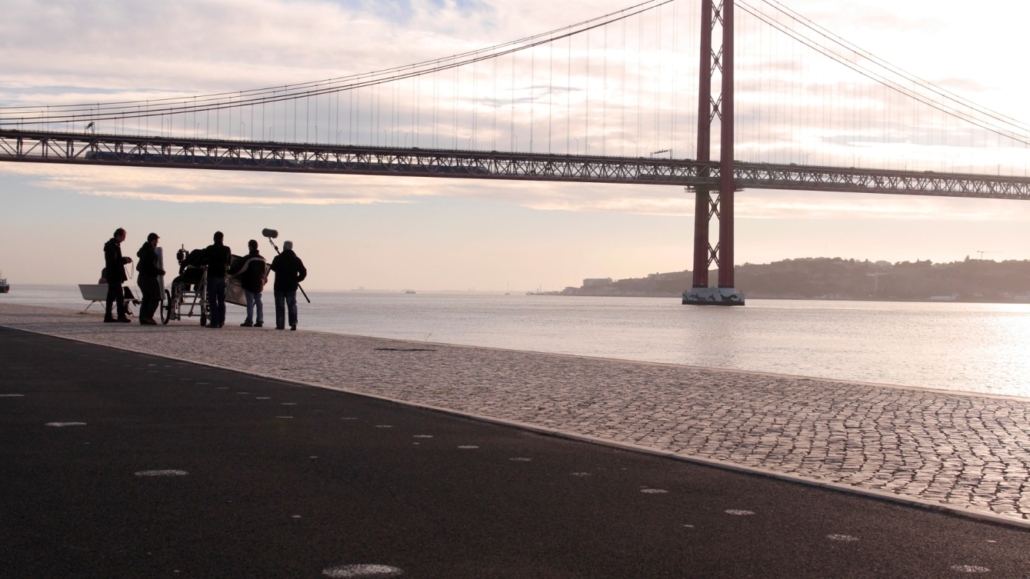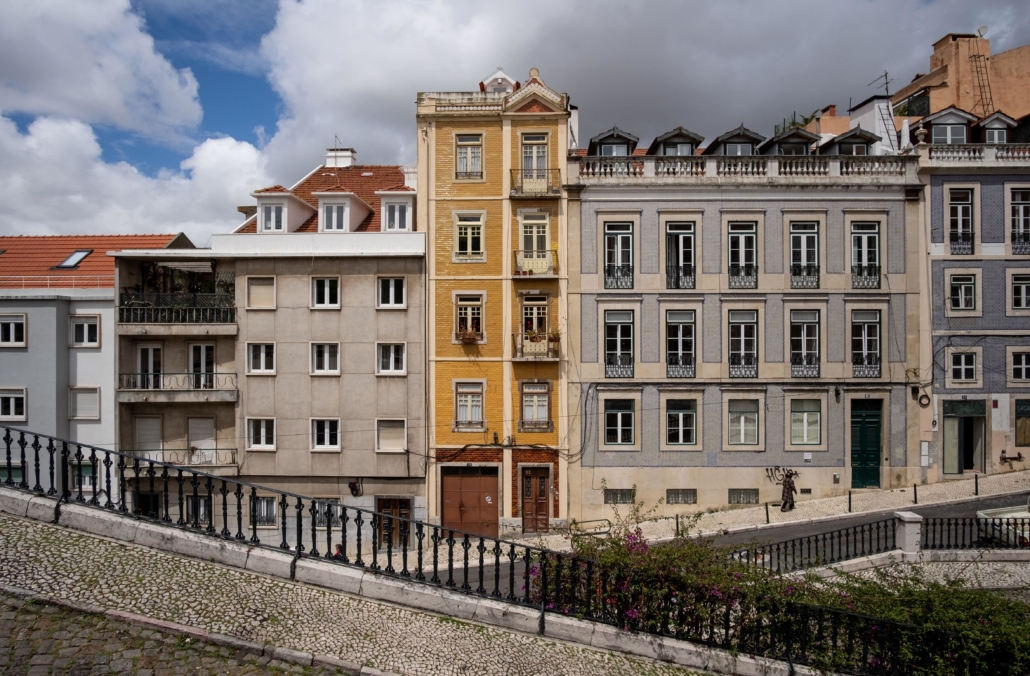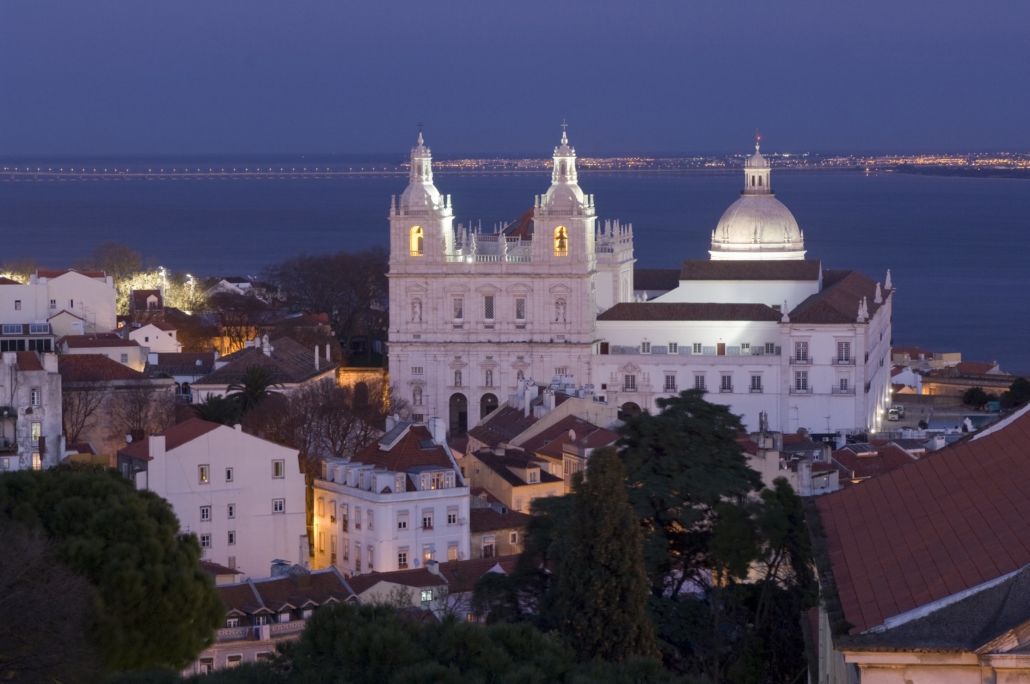EUFCN Spotlight on: Lisboa Film Commission
The Lisboa Film Commission was launched at the end of 2012, as a public service integrated in the City Council of Lisbon, specifically designed to reduce bureaucracy and streamline the production process.
Every year the film commission receives more than 700 applications for shooting in a city that offers urban diversity and a unique light.
Let’s discover the advantages of shooting in Lisbon and its versatile locations with Film Commissioner Rita Rodrigues.

Which main productions were shot recently in Lisbon and which ones are set to be shooting in the future or where postponed due to the global emergency?
“Portugal has quite recently put in place a very competitive cash rebate, which has been drawing the attention of many international productions. This year we were about to welcome in Lisbon big studio and streaming productions, but unfortunately Covid-19 changed us around. However, they are still very excited to come back as soon as the global situation gets more certain.
This period was also very tough for domestic production, but I’m very happy to say that the biggest feature film we supported, and which grounded to a halt during the lockdown, is now about to resume. It’s the story of one of our heroes, Salgueiro Maia, a captain of the Portuguese army during the Carnation Revolution, also known as the April Revolution, one of the major events in the history of Portugal.”
What’s the biggest production you have ever supported in your territory?
“I personally wouldn’t like to highlight one production over another. For us, the Lisboa Film Commission, a short student film is as much important as a drama TV series or a mainstream feature or even a commercial for the coolest brand.
Last year, Italian comedy film Un Figlio di Nome Erasmus, directed by Alberto Ferrari, shot in some of the most iconic locations in Lisbon. They were looking for diversity of cityscape, that’s why they shot next to the Tagus riverfront, at the monumental district, and in the innumerous viewpoints of Lisbon, known as the city of the 7 hills. Lisbon worked as another character of the film.”

What do you think is something unique the Lisboa Film Commission can offer?
“Friendliness is one of our musts. We try to reply to every query as fast as the wind. Plus, the city of Lisbon speaks for itself: unique light, heritage, modernity, great food, welcoming people, experienced cast and crews. It is great to belong to a small country such as Portugal. Every place is within easy reach, and in one single day you can both dive in the Atlantic coast, tasting the white sandy beaches, and reach the top of the highest snow mountain, at the end of the day. Lisbon was also awarded the title of European Green Capital of 2020.”
What activities has the film commission been carrying on during these challenging months?
“We felt that being in constant communication with professionals in the industry was vital. That’s why we tried to react in real time, keeping them informed with the latest developments in terms of permits to shoot, giving updates of key information like travel, hotel booking, opening of borders, health protocols, and, most of all, keeping them encouraged. The confinement has been a real crisis for the freelancers, which represent a large group of people working in this field and who lost their jobs.
Shootings are slowly resuming and we are very confident that the country and the city of Lisbon are overtaking this pandemic with the right safety measures, which will allow the film and TV industry to feel safe and even more inspired.”

The European Film Commissions Network is a non-profit association that supports and promotes the European film industry and culture. It currently represents 94 European film commissions and film institutions from 30 different countries.

 Gert Krautbauer
Gert Krautbauer Go Vilnius
Go Vilnius